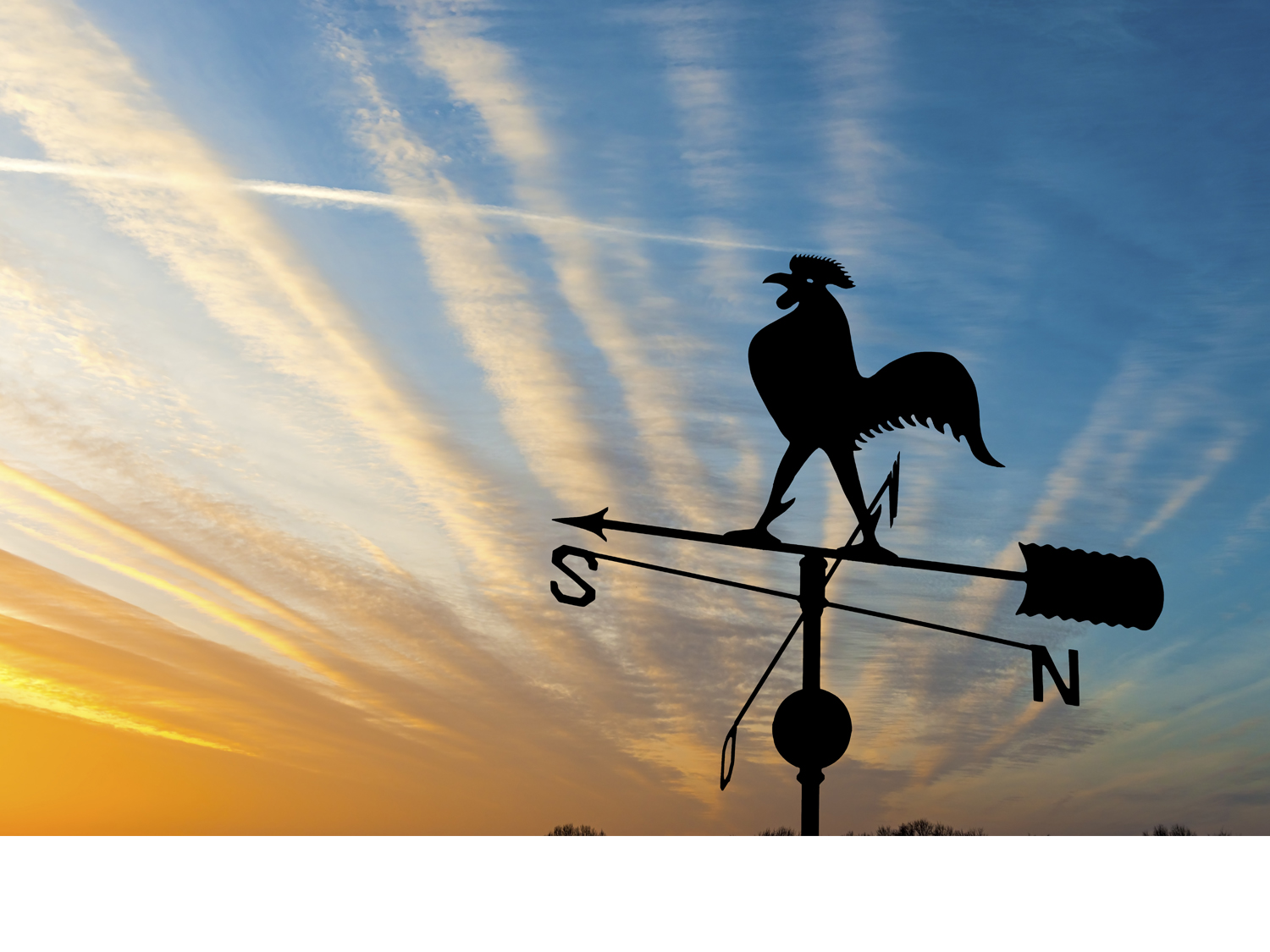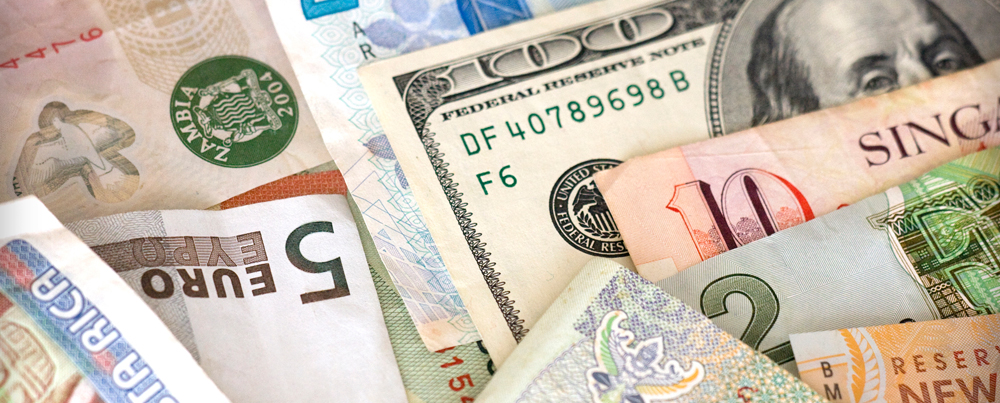Best guided tours to Busan, South KoreaExperience the Best of Busan: Guided Tours to South Korea's Coastal Gem
When do you want to go?
2024
I'm flexible
Passengers
Adults (18+)
Children (0 - 17)
Welcome to Busan, South Korea
Busan, the second-largest city in South Korea, is a bustling metropolis known for its unique blend of modernity, rich history, and natural beauty. With a population of over 3.5 million people, it is located on the southeastern tip of the Korean Peninsula and is bordered by the Yellow Sea to the west and the Sea of Japan (East Sea) to the east. The city's strategic coastal location has made it a major port city, contributing significantly to its cultural, economic, and tourism importance. Renowned for its picturesque beaches, vibrant markets, and scenic mountains, Busan offers a diverse array of experiences, making it a dynamic and attractive destination for both residents and visitors. The city's dynamic urban landscape is complemented by its historical sites, thriving cultural scene, and a robust economy centered around its port and industrial sectors.
Guided Tours to Busan, South Korea
Guided tours to Busan offer an immersive and convenient way to explore the city’s rich cultural heritage, natural beauty, and vibrant urban life. These tours often include visits to iconic landmarks such as Haeundae Beach, Gamcheon Culture Village, and Jagalchi Fish Market, providing insightful commentary on the history and significance of each site. Tour packages may also encompass the scenic Taejongdae cliffs, the ancient Beomeosa Temple, and the bustling streets of BIFF Square. With knowledgeable guides leading the way, tourists can enjoy a deeper understanding of Busan’s unique blend of tradition and modernity, all while experiencing local cuisine and engaging in cultural activities. Additionally, many guided tours offer flexible itineraries tailored to specific interests, whether it's food, history, nature, or shopping, ensuring a personalized and memorable journey through South Korea’s vibrant port city.
What to expect – Why visit Busan, South Korea?
History and Culture
Busan has a long history dating back to prehistoric times. It was an important trading port during the Joseon Dynasty and played a crucial role during the Korean War, serving as a temporary capital and refuge. This historical significance is evident in various cultural sites, including temples, fortresses, and traditional markets.
National Beauty and Landmarks
Beaches: Busan is famous for its stunning beaches. Haeundae Beach is perhaps the most famous, attracting millions of visitors every year with its soft sands and vibrant nightlife. Gwangalli Beach, known for its picturesque views of the Gwangan Bridge, is another popular destination.
Parks and Mountains: Taejongdae is a natural park offering dramatic coastal cliffs and lush forests, perfect for hiking and picnicking. Geumjeongsan Mountain provides scenic trails and is home to Beomeosa Temple, a historic Buddhist Temple.
Jagalchi Fish Market: As Korea’s largest seafood market, Jagalchi is a must-visit for food enthusiasts. Here, visitors can experience the vibrant atmosphere of a traditional market and enjoy fresh seafood dishes.
Modern Attractions
Busan Cinema Centre: Known for hosting the Busan International Film Festival (BIFF), this architecture marvel features a massive, cantilevered roof and state-of-the-art cinema facilities.
Busan Tower: Located in Yongdusan Park, Busan Tower offers panoramic views of the city and the harbour.
Centum City: This area is home to Shinsegae Centum City, the world's largest department store, offering a range of shopping, dining, and entertainment options.
Festivals and Events
Busan hosts numerous festivals throughout the year, with the Busan International Film Festival being one of the most prominent. Other notable events include the Busan Sea Festival, the Busan Fireworks Festival, and the Busan One Asia Festival, celebrating the city’s vibrant culture and entertainment.
Popular Sites to See in Busan
Haeundae Beach
Haeundae Beach is perhaps Busan’s most famous beach, known for its expansive sandy shoreline, clear waters, and lively atmosphere. It’s a hotspot for both locals and tourists, offering activities like sunbathing, swimming, and various water sports. The area also hosts the annual Haeundae Sand Festival and has numerous hotels, cafes, and restaurants along the beachfront.
Jagalchi Fish Market
As the largest seafood market in Korea, Jagalchi Fish Market offers a bustling, vibrant atmosphere where visitors can experience the local culture and sample fresh seafood. The market’s vendors sell an array of seafood, and many restaurants in the vicinity prepare these fish catches on the spot.
Frequently asked questions
What is Busan known for?
Busan is known for its beautiful beaches, vibrant markets, historical temples, and bustling port. It’s famous for attractions like Haeundae Beach, Jagalchi Fish Market, and Beomeosa Temple. The city is also renowned for hosting the Busan International Film Festival (BIFF).
How is the weather in Busan?
Busan experiences a temperate climate with hot, humid summers and mild winters. The best time to visit is typically in the spring (April to June) and fall (September to November), when the weather is pleasant.
Is Busan a walkable city?
Yes, many areas of Busan are walkable, especially around popular tourist spots like Haeundae Beach, Gwangalli Beach, and the downtown area. However, for longer distances, public transportation or taxis are recommended.
What are some local dishes to try in Busan?
Some local dishes to try include dwaeji gukbap (pork and rice soup), milmyeon (cold wheat noodles), haemul pajeon (seafood pancake), ssiat hotteok (sweet pancake with seeds), and fresh seafood from Jagalchi Market.
Do people speak English in Busan?
While not everyone speaks English fluently, many younger people and those working in the tourism industry have a basic understanding of the language. Signage in popular tourist areas is often in both Korean and English.
Can I use credit cards in Busan?
Yes, credit cards are widely accepted in Busan, especially in hotels, restaurants, and larger shops. However, it’s a good idea to carry some cash for smaller establishments and street vendors.
South Korea travel guides
Our customers say
Excellent
4.4 out of 5 based on 275 reviews


















